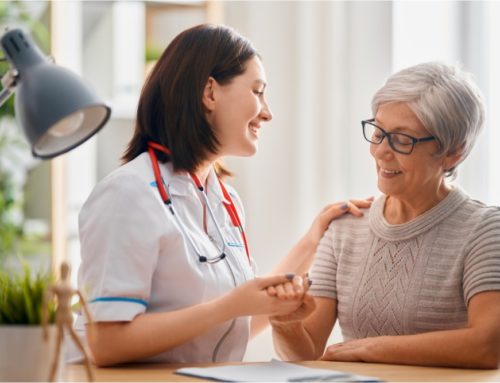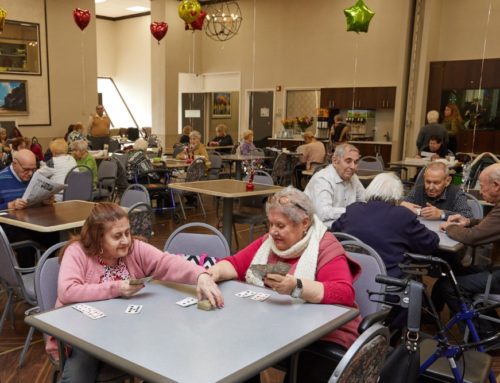Coronavirus Signs and Risks for Seniors
While most people with coronavirus are reported to have mild or moderate symptoms, there may be greater risks for seniors. We need to take special care of seniors because their immune systems tend to be weaker.
Virus Risks
As we age, our bodies become less well-equipped to deal with infections and viruses. We therefore need to pay special attention to help seniors to avoid the virus risks and to prevent them ending up in hospital.
Researchers have come up with age-stratified estimates of the infection fatality ratio. This research indicates that there is a higher case fatality ratio in older age groups. People aged 80 and over are particularly at risk.

Given that the risks for seniors of contracting coronavirus and requiring hospitalization are significant, a top priority is their protection.
Adult day care and senior centers around the country are taking special measures to avoid the infection. These include closing facilities to ensure effective social distancing, but also ramping up remote support. In this way adult day care centers are providing practical and emotional care and support to seniors.
Symptoms and risks for seniors
The main coronavirus symptoms include a dry cough, headache and fever. Some people have reported feeling dizzy and generally unwell, while others report losing their sense of taste and smell.
Fairview ADC
Fairview Adult Day Care Center in Brooklyn NY has closed until further notice to protect our adults and seniors. However, we are continuing to provide nursing care wherever possible. We are also talking to our clients and their families to give them care and support remotely.
Reaching out to our clients in a compassionate and caring way is very important at this time of crisis. Counseling makes a huge difference and we’re ramping up our remote services to support our clients. This way we are working hard to reduce the Covid-19 risks for seniors and adults.
This article is for educational and informational purpose only and does not substitute for professional medical advice. For any questions about your own health condition, speak to a qualified physician or healthcare provider.







Leave A Comment